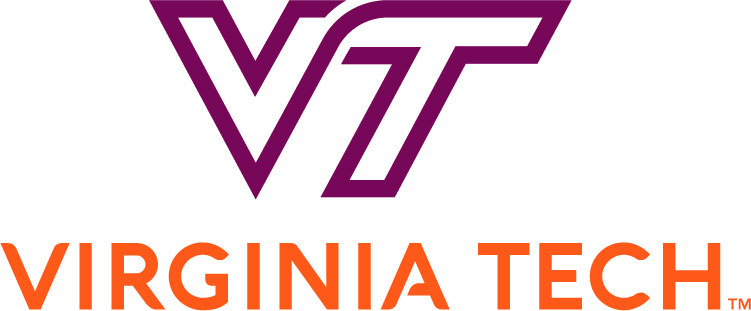A Virginia Tech data management expert says the EPA’s controversial proposed rule, Strengthening Transparency in Regulatory Science, raises concerns that regulations could be nullified, even if the research and data supporting this publication gathered many years ago are sound and supported by subsequent research studies.
“Entities working under a current EPA regulation could note that the regulation, no matter how effective it is in protecting human health, is supported by data that is not publicly accessible,” said Jonathan Petters, a data management consultant and curation services coordinator at the University Libraries at Virginia Tech whose role includes assisting researchers in sharing data.
Petters has also served as a fellow in the Department of Energy’s Office of Science where he helped develop their Statement on Digital Data Management.
Quoting Petters
Recommendations for proposed rule:
- “This proposed rule must not be applied retroactively to current EPA regulations. Current EPA regulations supported by past research, funded by the EPA or otherwise, must not be subject to the proposed rule. It would be prohibitively expensive and time-intensive to make data from studies completed years ago publicly accessible, and attempts to do so would require the EPA to divert substantial resources from its core mission.”
- “The digital infrastructure necessary to publicly share research data, especially sensitive data, is not yet fully developed. EPA should allocate resources to develop this digital repository infrastructure.”
- “Should this proposed rule place transparency requirements on EPA-funded researchers, these researchers must be provided appropriate training and support to make research data created in future research studies publicly accessible. Again, recommendations 2. and 3. should not lead to substantial diversion of resources away from EPA’s core mission.”
- “The EPA should continue to work in concert with other federal research funding agencies to carefully develop policies and procedures for providing access to research data.The EPA’s efforts and challenges in furthering transparency to research results are not unique to the agency; ‘going it alone’ will not serve the EPA or its core mission.”
“I am in favor of all federal agencies promoting public access to research results, however, no agency in its push towards research transparency and public access to research data, should compromise or disregard its Congressional mandated mission.”
“The time, effort and resources required to make research data publicly accessible is substantial. For example, when human subjects are studied, like for effects of exposure to a certain chemical, associated research data must undergo a process of de-identification for both directly and indirectly identifying information.”
“A push for transparency and public access to research results, including data, conflicts with the EPA’s core mission, the agency should prioritize its core mission to protect human health and the environment. It should also be noted that there are other effective ways to vet scientific results that do not require public access to research data. This turn of events would hinder the ability of the EPA to carry out its mission.”
About Petters
Jonathan Petters is a data management consultant and curation services coordinator for the University Libraries at Virginia Tech and has experience assisting researchers in sharing data. Petters has also served as a fellow in the Department of Energy’s Office of Science where he helped develop the office’s Statement on Digital Data Management. He has also investigated US federal research funder policies on public access to research data for the Scholarly Publishing Access and Research Coalition (SPARC) related community resource.
Petters quotes were pulled from a comment he submitted to the EPA.
Schedule an interview
Contact Ceci Leonard at [email protected] or 540-357-2500. Virginia Tech's television and radio studio can broadcast live HD audio and video to networks, news agencies, and affiliates.

